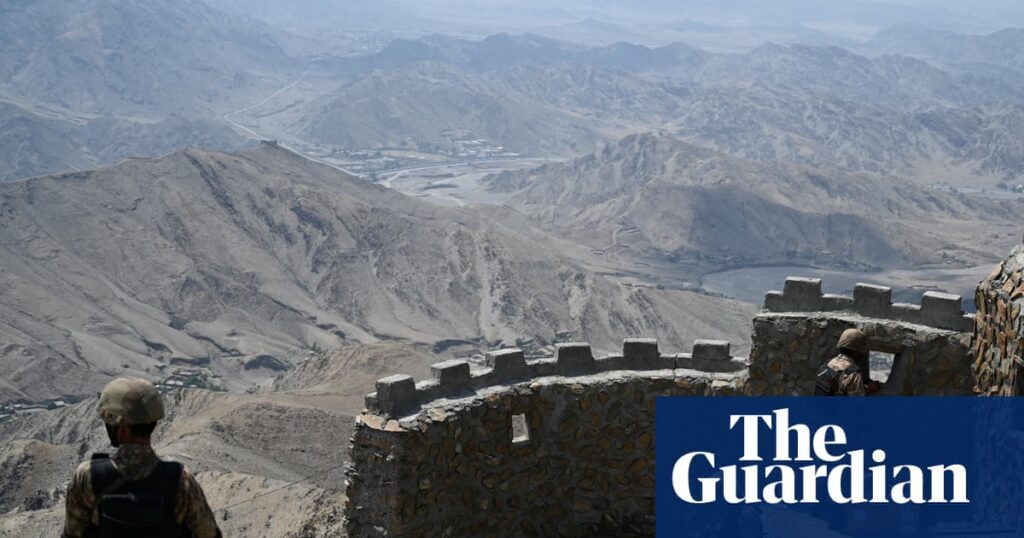Violent clashes erupted along the Pakistan-Afghanistan border following a Taliban attack on Pakistani military positions, which was reportedly in retaliation for recent Pakistani airstrikes in Kabul. Taliban officials claimed to have captured two border crossings in southern Helmand province, a statement verified by local authorities. Pakistani security sources confirmed the clashes, noting strong retaliatory fire with artillery at multiple border points. A government official emphasized Pakistan’s intolerance for Taliban aggression, detailing heavy artillery and weaponry used in counterattacks.
Earlier incidents included explosions in Afghanistan, leading the Taliban to accuse Pakistan of violating sovereignty. Analysts commented on the severe border tensions, highlighting the impact of recent cross-border attacks and retaliatory strikes. Michael Kugelman, a South Asia expert, noted that Afghanistan’s lack of border recognition exacerbates volatility in the region, while Islamabad has expressed frustration over the Afghan government’s failure to address the Tehreek-e-Taliban Pakistan (TTP), linked to attacks on Pakistani military personnel.
Pakistan’s military spokesperson confirmed its actions to protect citizens, urging Afghanistan to prevent its territory from being used for terrorism. Security analyst Imtiaz Gul pointed out that rising tensions were expected due to Islamabad’s intensified actions against TTP hideouts. Kugelman cautioned that the cycle of retaliation might continue without clear resolutions. The border tensions reflect deeper issues, with no straightforward long-term solutions in sight.
The two countries share a rugged 2,600 km (1,600 miles) border known as the Durand Line, an area marked by complex historical disputes.
Source link


